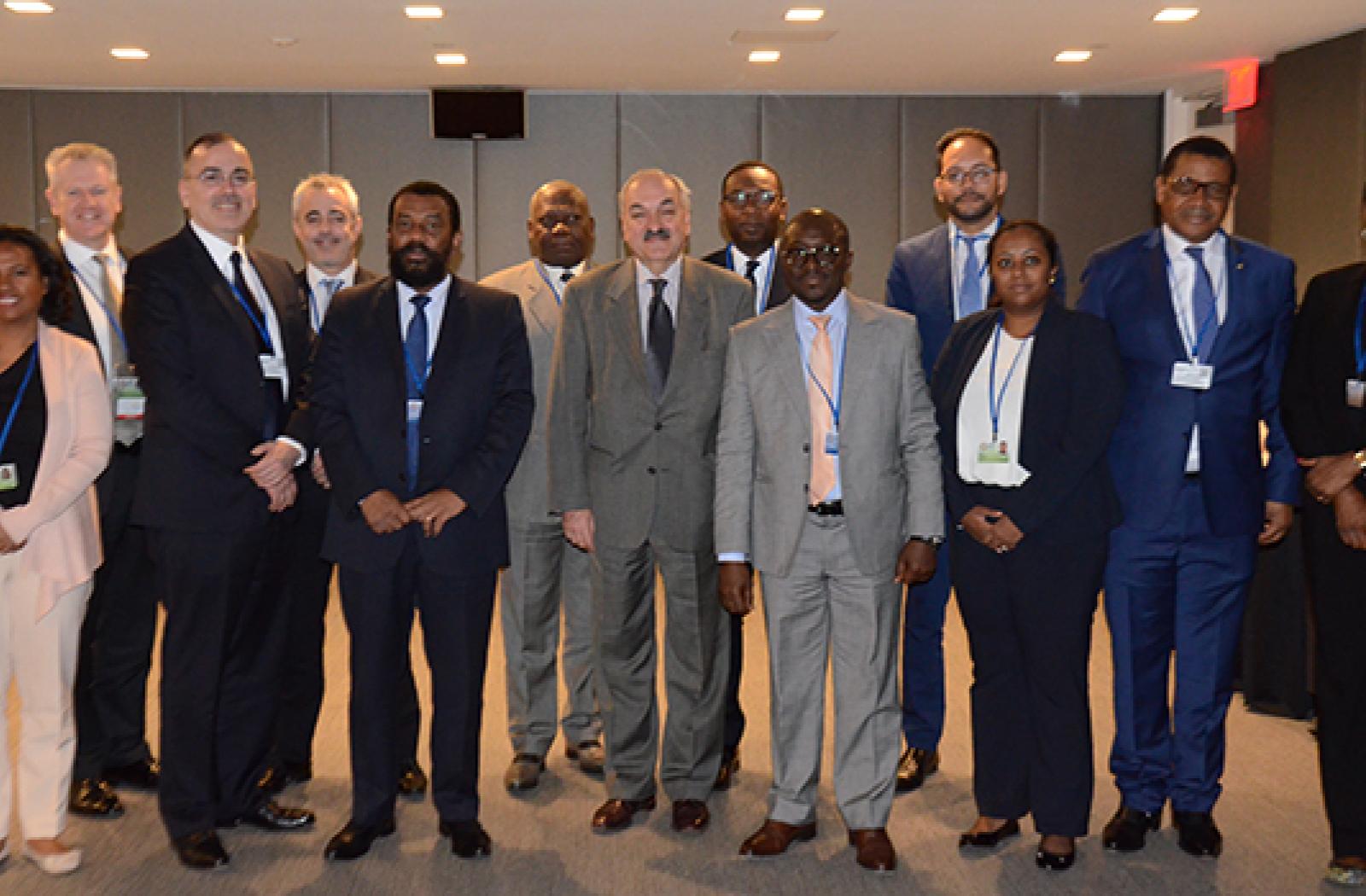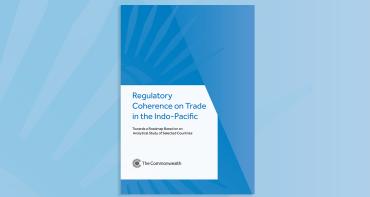Ambassadors, ministers and leading economists from across the Commonwealth and La Francophonie have communicated their views to the G20, at an annual meeting in the US.

Ambassadors, ministers and leading economists from across the Commonwealth and La Francophonie have communicated their views to the G20, at an annual meeting in the US.
Hosted at the International Monetary Fund’s headquarters in Washington, the Commonwealth-La Francophonie outreach event formed part of the ‘G20 Spring Meetings’.
The discussion was led by Argentina’s Sherpa for the G20, Ambassador Pedro Villagra Delgado, whose country has the presidency of the G20 for 2018.
Addressing a wide range of issues, including trade, taxation, infrastructure, digitalisation and food security, Ambassador Delgado said, “The reason I’m here is because we consider it very important to have reach to countries that are not members of the G20 and La Francophonie, a number of which are in the Commonwealth.
“It’s important for us to listen to the Commonwealth about what they think the G20 should be doing. The issues that are on the agenda of the G20 are of relevance for the countries of the Commonwealth as well; they are global by nature. The Commonwealth is a large organisation whose member countries are distributed in all continents, so obviously this interaction with us, as the presidency of the G20, is very important.”
Ambassador Delgado added, “I came to hear ideas which are of interest to Commonwealth countries, as well as provide feedback on my comments about the work of the G20. Argentina is a developing country too, so we want to hear the views of the countries that are not just sitting in the G20. Listening to others is very important for us.”
G20 sherpa
The meeting also saw an important contribution from G20 Finance Deputy Laura Jaitman, who focused on the challenges that small and developing countries face, and the assistance they require.
She said, “It’s very important that the G20 is working to support emerging economies. Some reforms and fiscal frameworks are very difficult for these countries to adopt, including those within the Commonwealth.”
The Commonwealth’s director for the Economic, Youth and Sustainable Development directorate earlier paid tribute to the important role that the annual dialogue fulfils.
In his opening address, Professor Prajapati Trivedi said, “We have come a long way since the Commonwealth-La Francophonie G20 Outreach meetings began in 2010. There have been several successful discussions on a wide variety of topics of critical importance to the membership, including on climate change, debt sustainability and the fairness of taxation.
“The Commonwealth and La Francophonie have consistently advocated that in order to find effective solutions to overcome poverty, enhance growth and improve the livelihoods of the world’s poor, G20 policies must be inclusive, representative, transparent and accountable.”
He added, “With the Commonwealth and La Francophonie organisations representing 111 countries across the world, this annual G20 dialogue provides one of the strongest platforms for a developed and developing country exchange.”
Moncef Follain, Adviser to La Francophonie’s Secretary-General for Economic Affairs, echoed comments about the valuable role that the Washington event plays for members of Commonwealth and La Francophonie countries. Mr Follain said, “It’s very important that our countries are aware of the priorities decided by those of the G20, because they will be impacted in terms of finance, taxation, food security, etc. So it’s very important to have a channel of discussion between the two groups.”
Moncef Follain, Adviser to La Francophonie’s Secretary-General for Economic Affairs
Speaking after the event, Head of the Commonwealth’s Economic Policy and Small States directorate, Travis Mitchell, said, “This was a very fruitful discussion on rich topics, particularly the future of work and on financing infrastructure investment. Argentina welcomed the opportunity to listen to the challenges facing countries, such as the financing of education, and the cost burden of infrastructure in developing countries.
He concluded, “It was also an excellent opportunity for the G20 to share with members their progress on key initiatives, including on taxation, remittances and the stability of the global financial system.”



